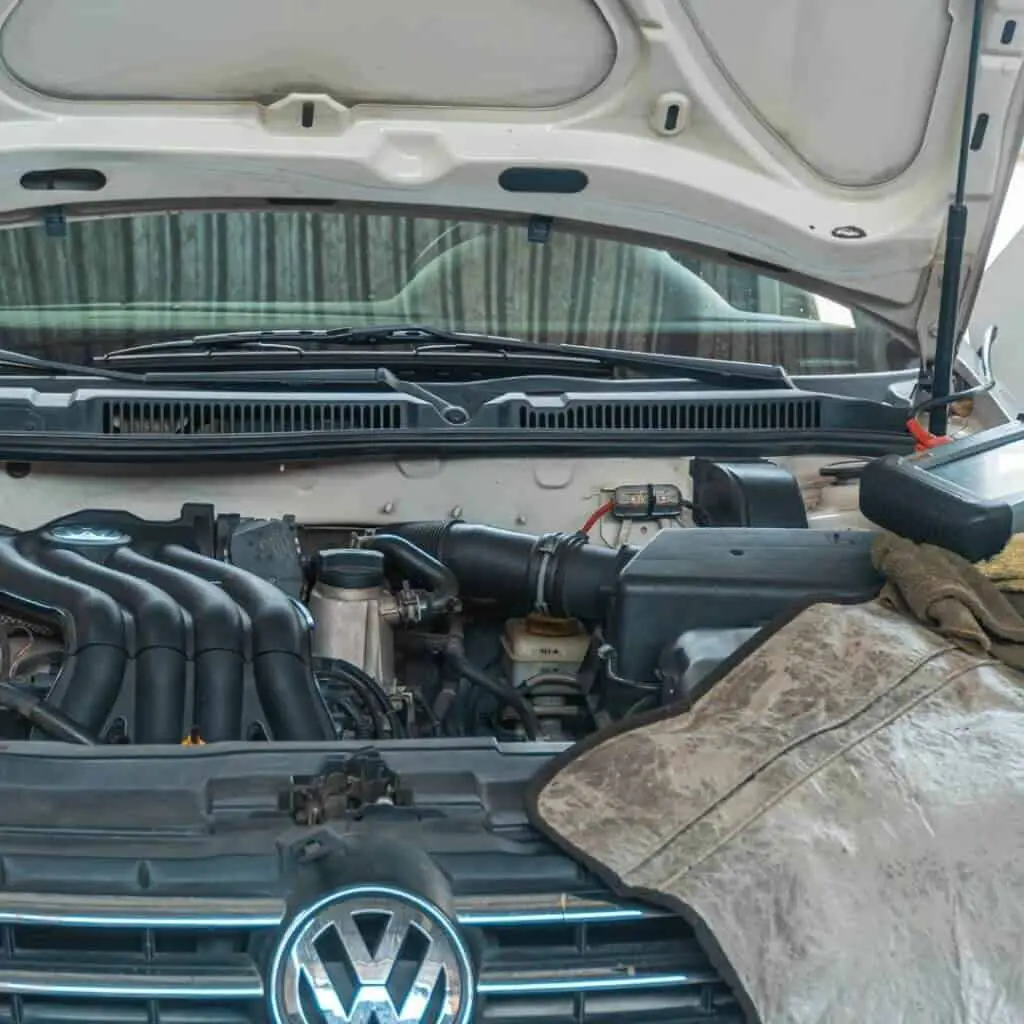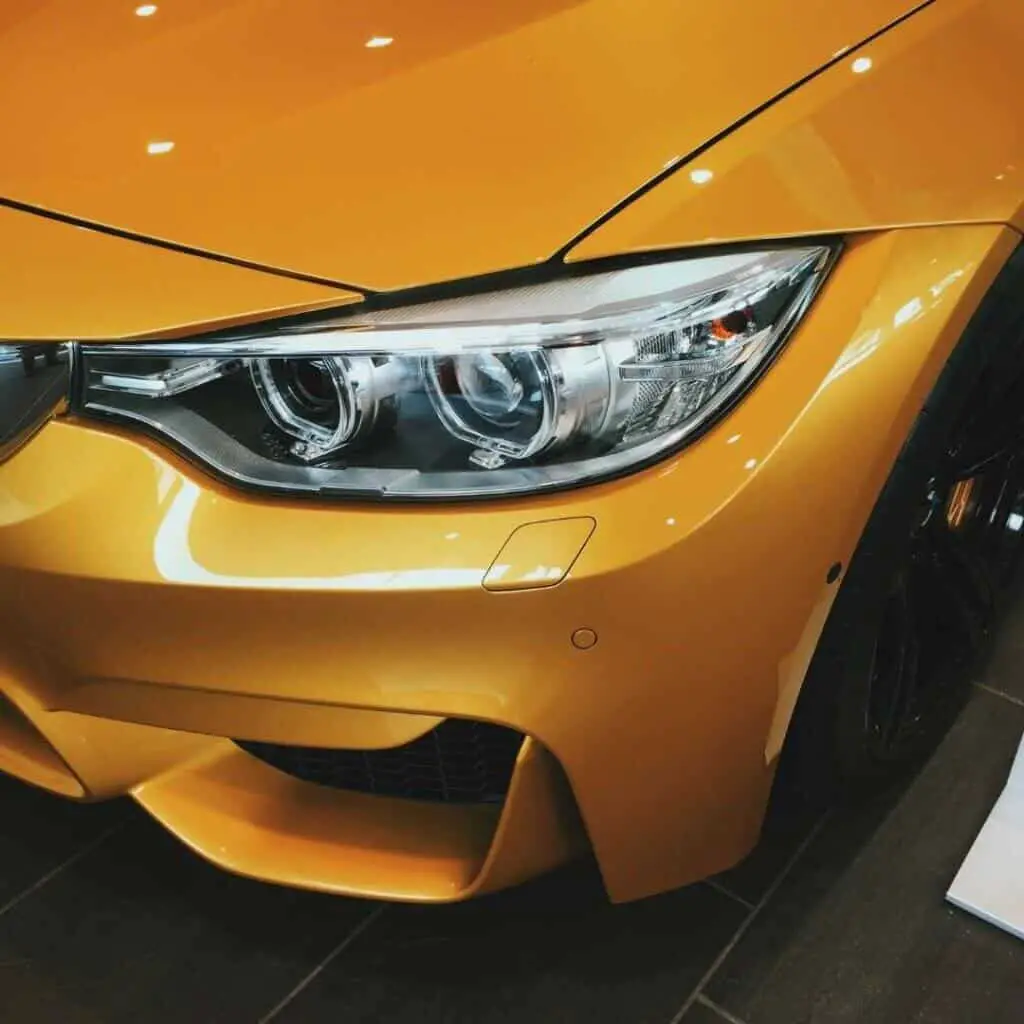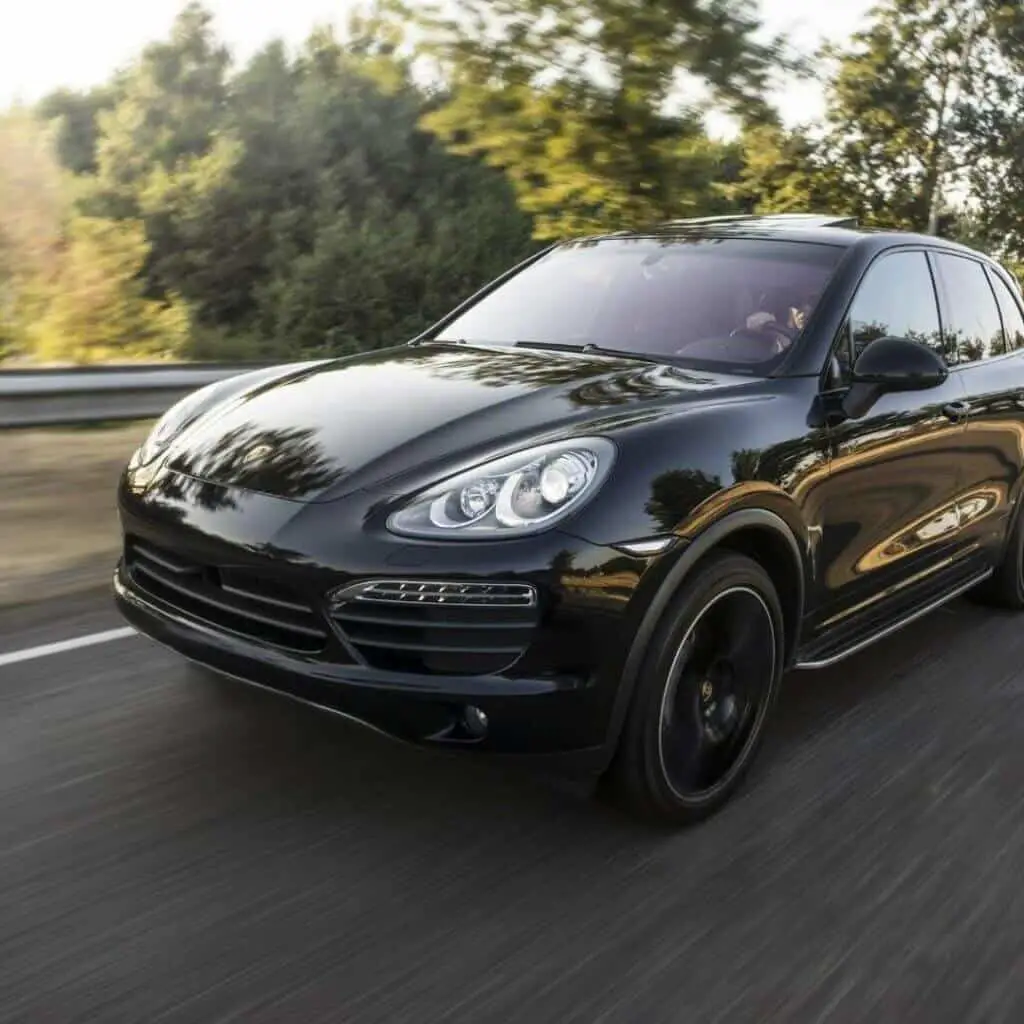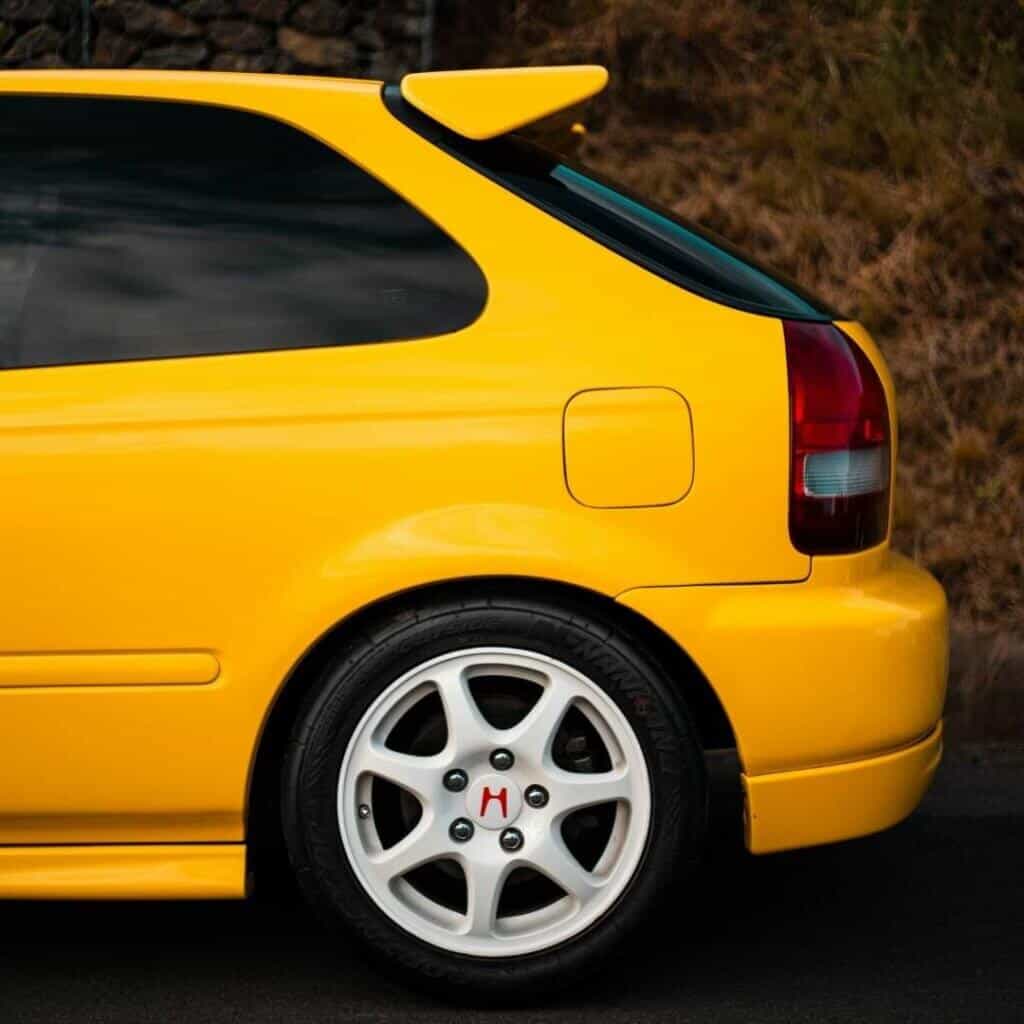One of the most recognizable automaker names in history is Porsche. With a wide range of vehicles, Porsche has managed to carve a niche for itself in the luxury car industry. Each car has lavish interiors, exquisite flowing lines, and heavyweight engines that can take off quickly and sound fantastic. But is Porsche reliable?
About Porsche

Porsche exclusively produces the most expensive cars. Therefore any maintenance project will equally be costly.
Porsche owners typically keep their cars for joyrides and relaxation in addition to their everyday tasks. These include activities like taking the children to school and driving to work. Since the mileage remains low and maintenance can turn into a hobby, reliability might not be a major problem in that instance. However, you’ll need to know if Porsches are dependable if you intend to use one as your primary vehicle.
The German luxury brand stands out among manufacturers of performance vehicles. Porsche is not only the most reliable of its kind but also one of the most dependable automobile companies.
In fact, Porsche is ranked as the second-most reliable brand on the market. In the 2021 Vehicle Dependability Study [1], reputable market research firm J.D. Power ranked Porsche second. This was behind Lexus, ahead of Kia, and Toyota which held the position for many years in both the U.S. and Australia.
How reliable is Porsche?

Porsches are renowned for their premium feel, performance, and style but not for their dependability. Consider an Acura or Lexus instead if you want a luxury vehicle with fewer problems and less costly repairs.
Porsche is reportedly less dependable than other models and more expensive to fix when issues do develop, according to Repairpal. A typical car needs to be serviced about twice every five years, or 0.4 times each year.
On the other hand, Porsches require 0.84 repairs a year on average, which is more than twice as much as a typical car. Furthermore, roughly 21% of these repairs are for serious problems, significantly higher than the industry average of 11%. The average Porsche has an extremely high annual repair cost due to the frequency and severity of these issues.
Each year you own a Porsche, maintenance and repair expenses total around $1,192. That is a whopping $540 more than what it costs on average to maintain a car.
Porsche is the least dependable brand according to Repair Pal’s evaluations as a result of all these factors. So, is Porsche reliable? Although the company is well-known among its fans, celebrities, and race car drivers for quality, their cars aren’t safe to drive every day. If you want one, prepare to spend a lot of money.
This might include spending on car rentals while your Porsche is being repaired. While you may be willing get a premium sports car, consider alternatives like Jaguar or Mercedes Benz that will require fewer and less expensive repairs.
Nevertheless, the company has turned its fortune in the recent past. It won the 2017 J.D. Power Dependability Study, a remarkable achievement for a company that was previously ranked as the second most unreliable [2].
According to the study, Porsche had 110 faults per 100 vehicles, which was the same as Lexus. Lexus, another luxurious brand has held the top position in reliability ranking for years. Porsche scored 5 out of 5 from J.D. Power for overall dependability [3].
J.D. Power hasn’t been as kind concerning individual scores. For expected reliability, the 2014 Porsche Panamera scored 2, while the 2015 Porsche Cayenne received 3. ReliabilityIndex supports this ranking. The index gave Cayenne a poor grade and an even worse dependability value of 414 (the average is 118, and the lower the score, the better).
However, when the views of Cayenne owners are examined, the findings are overwhelmingly favorable. Despite a few issues, most owners seem content with their vehicles.
Why are the results so varied?

Since it was conducted most recently, the J.D. Power Survey is the one that most people will focus on. However, Porsche has a lengthy history of criticism for unreliability over the long run. So it is unclear if the poll will be sufficient to dispel the criticism.
The rise of contemporary technology in automobiles is something that experts have observed in recent years. Due to its current development, this technology may provide issues in the future. They may also be costly and difficult to fix. Porsche offers a wide range of cutting-edge technologies, which may explain why they have historically been viewed as unreliable. Warrantywise claims that most of Cayenne and Cayman’s difficulties have been caused by electrical faults [4].
It’s possible that as time has passed, this technology has advanced, which has, in turn, increased its dependability. The high cost of repairs for the owner may have been another factor contributing to Porsche’s reputation for unreliability. Porsche automobiles are manufactured from pricey, superior-quality materials that can be challenging to find and maintain. This may result in higher repair costs and a worse rating for dependability. Many owners agree that the typical repair expenses for Cayenne and Cayman are very high at roughly £700 [5].
Porsche, however, has recently gained even more popularity. Additionally, it has been claimed that 2015 was Porsche’s record-breaking sales year and that the Macan was the “World’s Most Profitable SUV.”
Naturally, this is fantastic news for Porsche and those who operate the vehicles.
The likelihood that a garage will need to spend a lot of time locating parts decreases as the number of drivers increases since those parts will be easier to find. Reducing the repair cost and the time it is off the road could raise the reliability rating. This might have led to an increase in Porsche’s reliability during the past 12 months.
What are the most common Porsche problems?
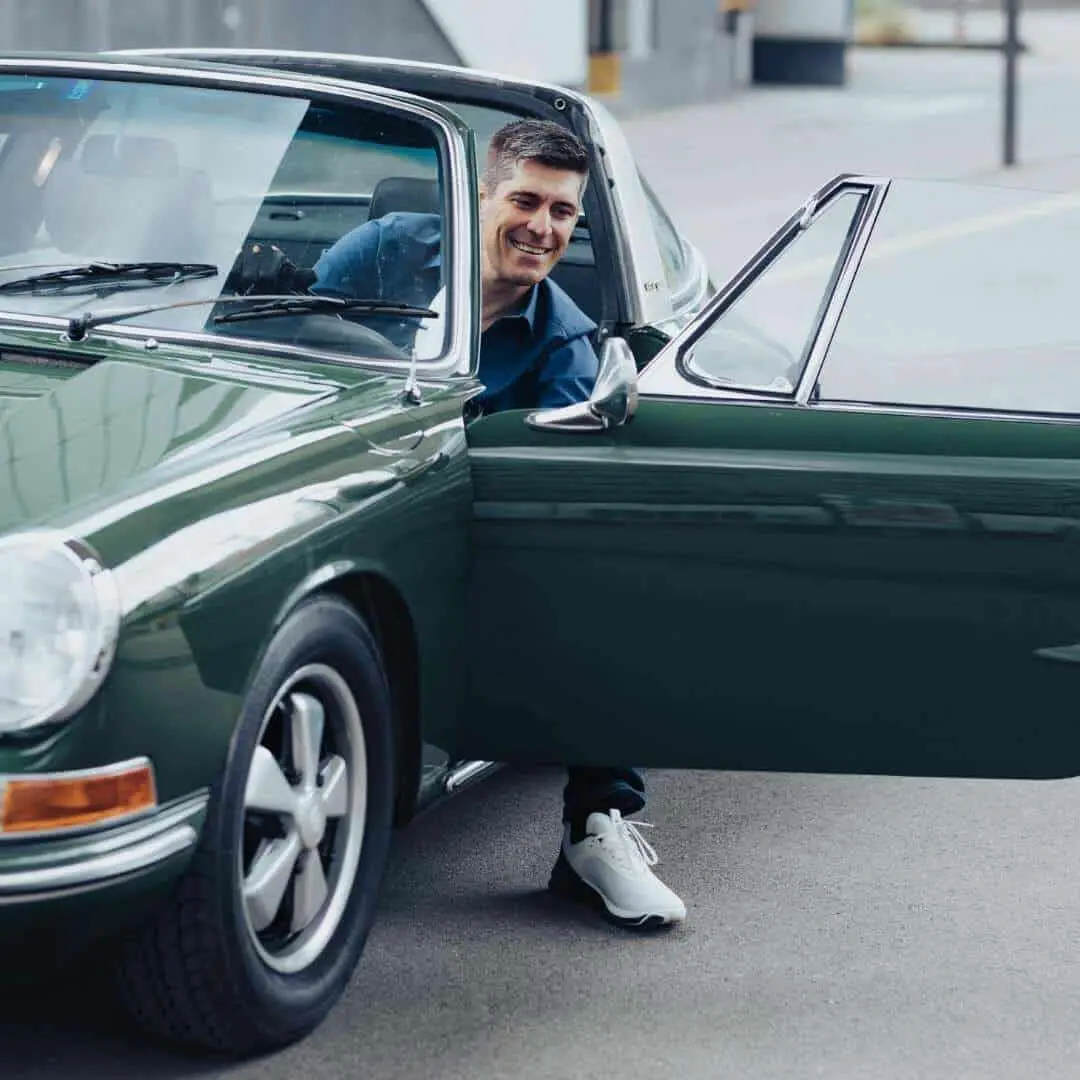
If you are considering purchasing an automobile, whether it is new or used, you should be aware of potential problems down the road. The following are some typical issues that Porsche owners could experience. Ask about these issues before purchasing a used Porsche if you’re thinking about doing so.
1. Porsche Engine problems
To witness excessive engine smoke pouring from your Porsche 911 or Boxster is typically alarming. Fortunately, this does not always indicate that your engine needs to be rebuilt. Instead, it may simply result from an excessive oil overfill, which is prevalent in shops with inexperienced Porsche specialists [6].
Porsche’s oil capacity is far higher than that of most performance cars. Thus it must be properly topped off when the vehicle is at the proper operating temperature and is standing on totally flat ground. An oil separator that isn’t working properly is another frequent reason why engines smoke excessively [7]. The oil separator, which separates the air from the oil, frequently experiences internal failure.
Therefore, if you notice even a small amount of smoke coming from your 996 or 986 exhaust, it is crucial to have a qualified Porsche repair personnel check this problem out.
There is a chance that you have heard of the infamous IMS (Intermediate shaft bearing) failure. This problem is common the Porsche models 996 or 986 produced between the years 2000 and 2005. Porsche model 997 manufactured between 2006 and 2009 also experience similar problems. The intermediate shaft bearing frequently fails in the Porsche 996 and 997 models.
The intermediate shaft bearing is located behind the transmission in front of the engine. The failure is brought about by the bearing wearing out or, in some cases, by the loss of the holding hardware. Luckily, if you own a 996 or 986, the bearing is still usable and has to be changed if it hasn’t previously. Your engine will be destroyed if the bearing fails.
Timing chains have been a Porsche staple for many years. It is a successful design for these powerful engines. However, timing chains do stretch, and chain guides do wear out. Timing chain breakdown, if left unattended, can result in internal interference in the valve train. This in turn, might cause catastrophic failure in vehicles ranging from the first-generation Porsche 911 to the most modern Cayenne.
2. Cooling Issues
Re-sealing the coolant distribution pipes on Porsche Panamera and Cayenne is a regular practice. Unfortunately, you might not notice indications of coolant spilling onto your garage floor if this coolant leak develops on your Porsche [8]. This is because the failing seal is situated above the center of the engine inside the “valley”.
As a result, there are puddles of coolant between the cylinders and on top of the engine. When performing normal maintenance, it’s crucial to have your Porsche expert check the cooling system. Consider stopping by your favorite mechanic if you notice any musty odor emanating from your engine.
A pattern of failure has been observed with the Porsche expansion tanks, particularly on the Boxster 986. Due to the tremendous heat and pressure that these cooling systems run under, you may notice that they start to fail in cars that are already almost 20 years old. Consider pulling over immediately and calling the auto repair shop. This is particularly critical if your Porsche is overheating or exhibiting symptoms of coolant leakage, such as a damp carpet in the trunk under the engine.
3. Steering & Suspension
Your Porsche’s ABS warning lights may come on for no other reason than that the ABS Electronic Module has failed. It is a typical Porsche failure that may be replaced or rebuilt in some situations. Normal wear and tear can damage CV joints. However, Porsche engines place a greater demand on the CV joint’s durability than do most cars. Therefore, inspecting the grease boots for cracks or tears is critical.
4. Transmission system issues
This is probably the source of worn synchros if you are having trouble getting the Porsche into gear with a manual transmission. This also is probably the cause of grinding noises when shifting. Therefore, ensuring that the transmission is serviced regularly is crucial.
Porsche automatic gearboxes may be serviced, and they should be done so with genuine Porsche tools and transmission fluid. Unfortunately, modern Porsche cars are frequently mistakenly thought to have unserviceable or filled-for-life gearboxes.
Porsche vs Toyota reliability

Nearly every Porsche 911 ever produced has received high accolades for its performance, timeless design, and class-leading dynamics. However, one quality that has gone unnoticed is its dependability. Unfortunately, after their extended warranties expire, German cars don’t have a good reputation for reliability [8].
Some high-performance vehicles aren’t well-engineered to handle their power, and sports cars like the Chevrolet Corvette have experienced a fair share of quality issues [9]. The Porsche 911, in comparison, seems almost impervious to shock.
The 911 has recently been rated as the top-ranked vehicle. The new J.D. Power 2022 U.S. Vehicle Dependability Study (VDS) emphasize Porsche 911’s dependability in this study. It’s an especially astounding performance. This is particularly true, given that the 911 is hardly a basic machine and has significantly more power and sophistication than anything costing half as much or less.
The 911 has topped the list for the past two years in a row. The survey, now in its 33rd year, examines the number of issues per 100 vehicles that owners reported during the previous 12 months. Three-year-old automobiles are examined; therefore, this year’s study applied to models from 2019.
The Porsche experienced the fewest difficulties of any other model, with only 94 issues per 100 vehicles. Remember that Toyota Corolla and Mazda MX-5 Miata were category winners in this poll. Porsche 911 had fewer issues per 100 vehicles than even those renowned for their dependability.
Read Also: Mazda CX8 Problems
Conclusion
Porsche used to be notoriously unreliable, but this appears to have changed. Instead, Porsche is beginning to establish itself as a really reliable brand. They merged with the VW group back in 2011. A similar tendency may be observed compared to Jaguar and Mercedes, their fiercest competitors.
But, in the final analysis, Porsche produces excellent automobiles that are strong, luxurious, and well-driven. It’s a significant plus that they now have a reputation for dependability. This will definitely endear them to both current and prospective customers.
Read Next: VW Amarok Problems

